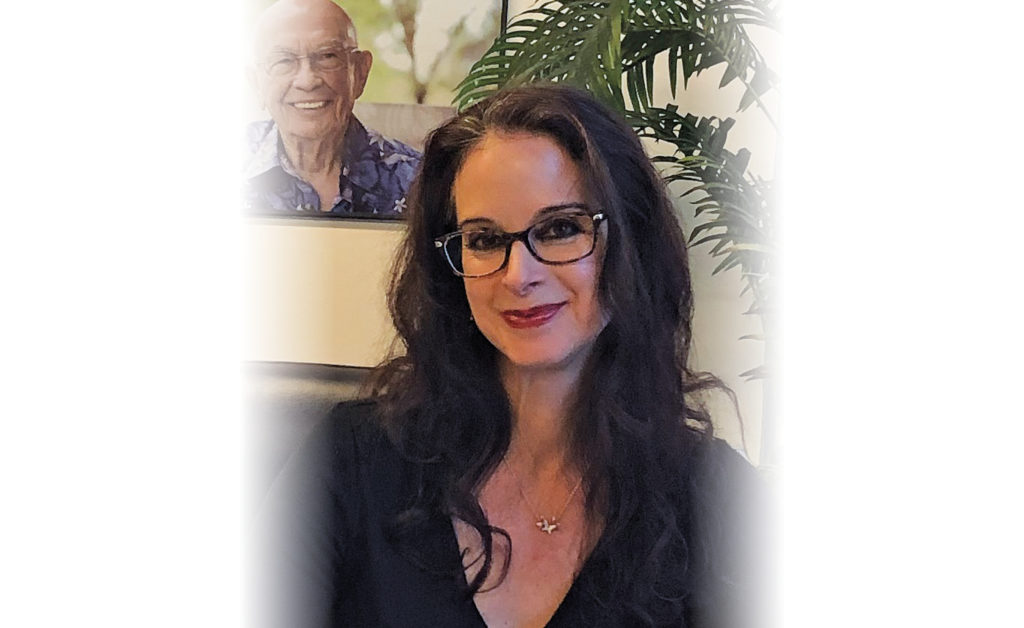by Sherrin Griffin VP, Operations, Sidney SeniorCare –
It is easy to take personal care and healthy hygiene for granted because they are such a “normal” automatic part of our daily routine. Because the nature of personal care is so personal, we may not think to check in with our senior loved ones to ensure they are capable of meeting their own self-care needs. Quite often the elderly need assistance with these daily tasks due to mobility challenges, hand tremors and/or cognitive impairment issues.
We inherently know the importance of practising good hygiene, and even more so for seniors, to prevent the risk of infection or disease which the elderly can be more vulnerable to. In addition to ensuring good physical health, feeling fresh and clean contributes to healthy self-esteem and an overall feeling of well-being.
Helping a senior to incorporate the following into their daily routine gives seniors a sense of purpose, consistency and structure in their lives, at a time when they may feel they are losing control over other aspects, which can occur as we age.
Bathing Regularly. This can be challenging, especially for mobility-challenged seniors. Aids such as grab bars, safety railings and shower chairs can be installed for seniors who are shaky on their feet. Bed baths may be the safest option for fall risks. Use a mild, natural soap, paying special attention to the perineal and bowel areas, which can be difficult for the elderly to clean, and where the regular use of incontinence products and/or condom catheters can make the skin more prone to breakdown, infections and UTIs.
Handwashing. Although handwashing may seem obvious, the elderly may forget to perform this task regularly, especially if they have difficulty getting to a sink on their own. In this case, products such as no-rinse cleansers and hand sanitizer should be within easy reach.
Dental/Oral Care. Although more seniors are keeping their own teeth these days, they can be more prone to tooth decay, gum disease and/or thrush due to receding gums, dry mouth and certain medications. Their mouths should be rinsed regularly with a good antibacterial mouthwash or warm salt water. For those with dentures, they should be rinsed after meals and soaked overnight every night in a denture-specific solution.
Nail Care. Elderly seniors often have shaky hands and may lack the precise coordination required for effective cleaning and trimming of their own nails. Be sure to help them clean around and under the nails to avoid bacteria which may lead to infections. Trim the nails short and ensure there are no sharp edges that can scratch and damage their skin.
Skin Care/Moisturizing. The skin thins and becomes more brittle as we age. Transepidermal water loss leads to dry, often itchy, skin prone to dermatitis. This can lead to excessive scratching resulting in chronic wounds and infections. Frequent moisturizing will help to keep elderly skin more resilient and free from infection.
Hair Care. As we age, decreased oil production and hormonal changes result in dryer hair. Even so, seniors need their hair regularly washed, cut and styled for good hygiene and a sense of pride in their appearance. Who can argue the therapeutic benefits of regular visits to the hair salon or barbershop for beautification and a good gossip?
If you suspect that your senior loved one cannot meet their own personal care needs, ask them gently and respectfully if you can help. Be proactive, and help to maintain their dignity. One thing is certain in life: we all age, and we hope that we will be treated with the same kindness and compassion that we have the opportunity to exercise now.




